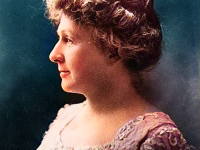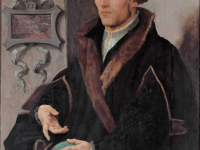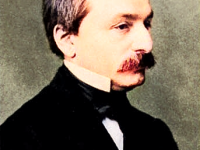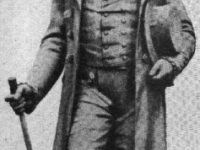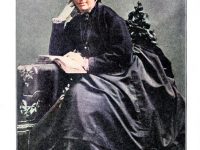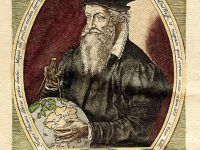Annie Jump Cannon and the Catalogue of Stars
On December 11, 1863, American astronomer Annie Jump Cannon was born. Her cataloging work was instrumental in the development of contemporary stellar classification. With Edward C. Pickering, she is credited with the creation of the Harvard Classification Scheme, which was the first serious attempt to organize and classify stars based on their temperatures. “A life spent in the routine of science need not destroy the attractive human element of a woman’s nature.” —…
Read more

